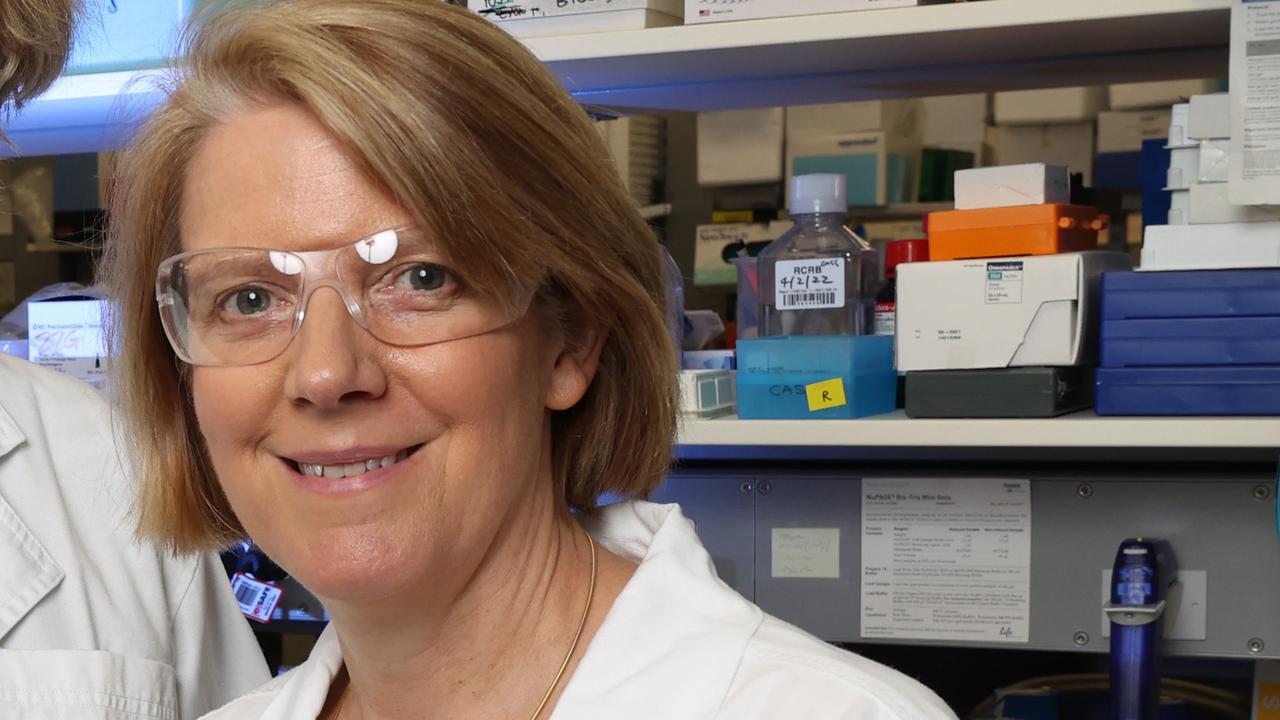Australian MND researcher Dr Margreet Ridder honoured with first Ian Davis Award for work towards cure
An Australian researcher has been honoured for her work in helping finding a cure for motor neurone disease.
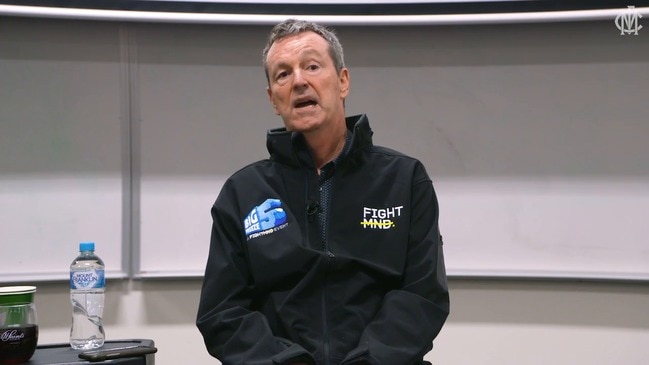
Victoria
Don't miss out on the headlines from Victoria. Followed categories will be added to My News.
An Australian researcher who wants to calm “overexcited” nerve cells to treat motor neurone disease is the first recipient of an award named in honour of the late Ian Davis.
Dr Davis was a Victorian GP who lost his battle with MND in 2018.
He was co-founder of FightMND which has since raised more than $115 million for global research.
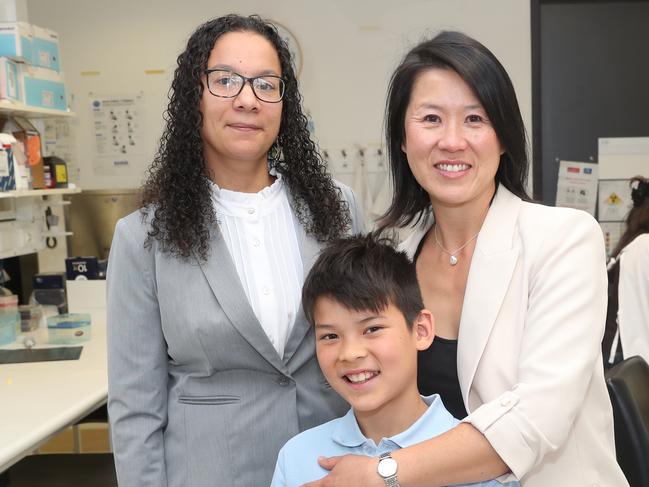
It was established a decade ago by Dr Davis with AFL great Neale Daniher, who also has MND, along with friend Pat Cunningham, whose wife Angie lost her battle with MND in 2016.
On Friday Daniher was named the 2025 Australian of the Year for Victoria.
The Ian Davis Award recognises the doctor’s efforts to find a cure for the disease that affects the nerves known as motor neurons.
Every day two Australians are diagnosed with MND and there is no cure.
It was presented to Margreet Ridder from the Queensland Brain Institute as part of the annual FightMND cure and care grants program.
Research teams across Australia and globally will be beneficiaries of the grants that are funded through the annual sale of the Big Freeze beanies and events such as the Big Freeze at the G.
They include a grant of $5.5 million to the University of Queensland and $6.38 million shared across teams in NSW, Victoria, Tasmania, South Australia and West Australia will also have projects funded by FightMND.
Dr Ridder is an electrophysiologist, which is the study of the electrical properties of biological cells and tissues.
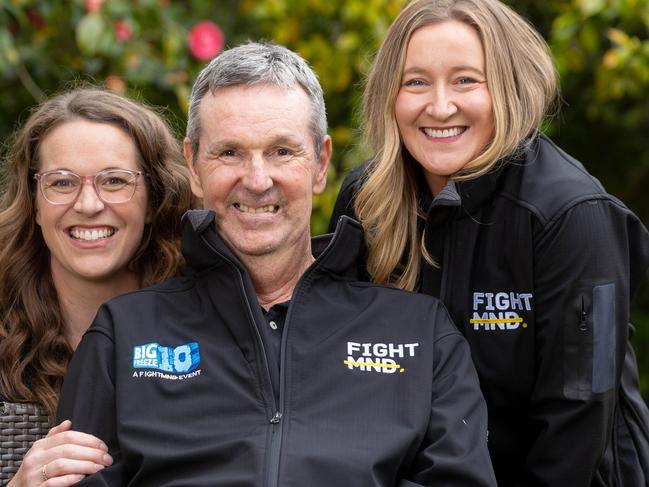
It is that knowledge that has helped shaped a unique idea to “dampen” excessive excitability in motor neurons and keep them alive. These are found in the brain and spinal cord and control voluntary muscles of the body.
“Ultimately, the goal is to provide a gene therapy option for patients with sporadic MND, which describes cases with no apparent family history of the disease,” Dr Ridder said.
“Neurons are excitable cells that use electrical signals to communicate with each other, and the muscles in our body. Too much excitability, known as hyper-excitability, can cause neurons to die.
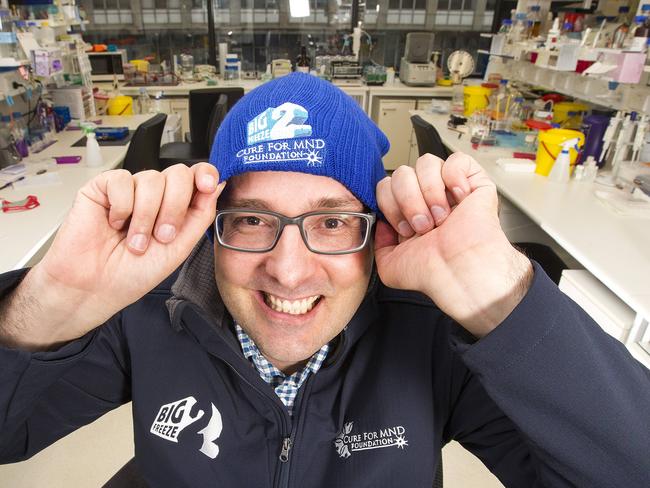
“This project aims to rescue motor neurons from hyper-excitability using gene therapy.”
She said this hyper-excitability was the hallmark of MND, but it had also been shown to happen in other neurological disorders, like Alzheimer’s disease.
Dr Ridder said the Queensland University team had preliminary data showing that in mice if they injected a gene therapy directly into the spinal cord early on, they could prevent motor neurons from dying.
She said being presented with the award by Mr Davis’ wife Mel and their son Archie, 10, had special meaning.
“I lost my dad when I was seven in a traffic accident,” Dr Ridder said.
“So I know from personal experience that leaves a big gaping hole in families, especially families with young children.
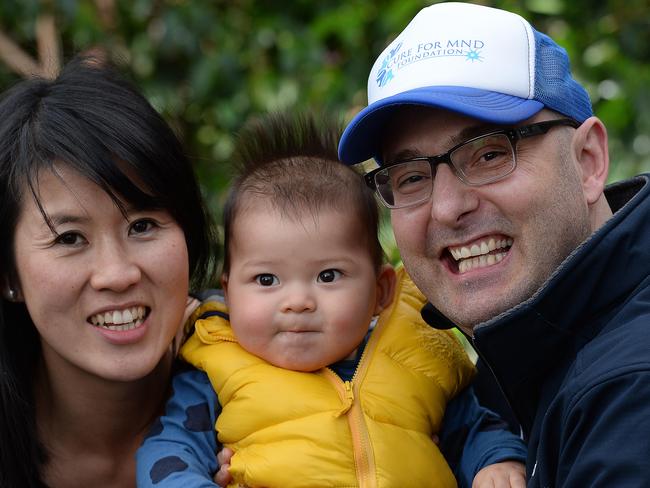
“I didn’t know Ian Davis, but how incredible when you’re put in that position (of being diagnosed with MND) that you spend your time and energy to build something so incredible.
“It is amazing that people can come together and say ‘Look, I might not be able to benefit from any of this work, but I will still give it my all’.”
She said one of the devastating things about MND was that time was not on your side.
“Without sufficient funding for research, there is a real risk that promising research projects will be put on the shelf, or worse, stopped. We need an army of researchers that are sufficiently funded if we want to speed up research discoveries.”
More Coverage
Originally published as Australian MND researcher Dr Margreet Ridder honoured with first Ian Davis Award for work towards cure



